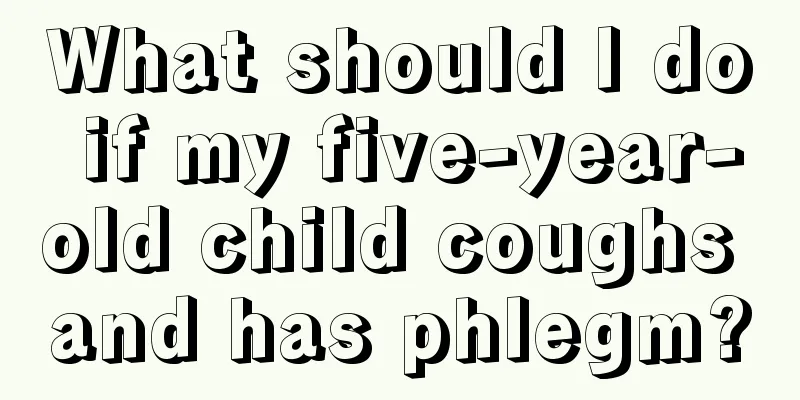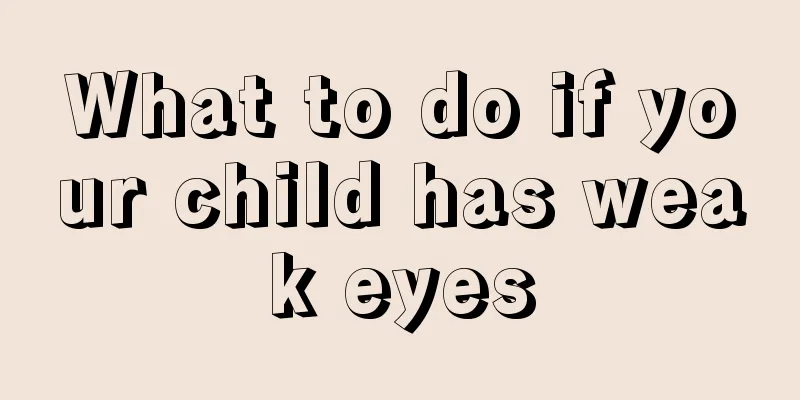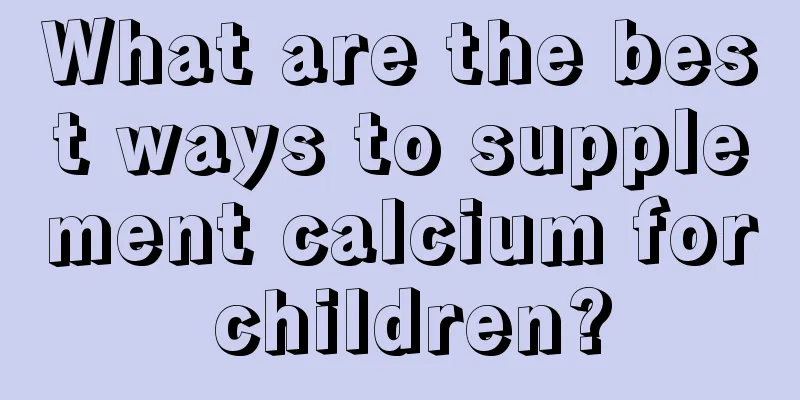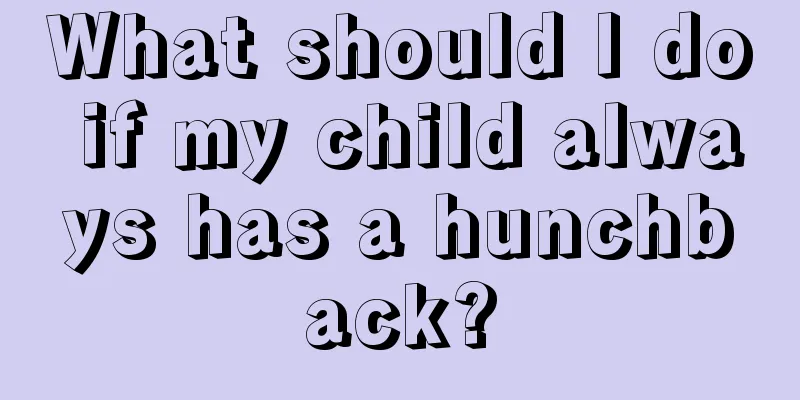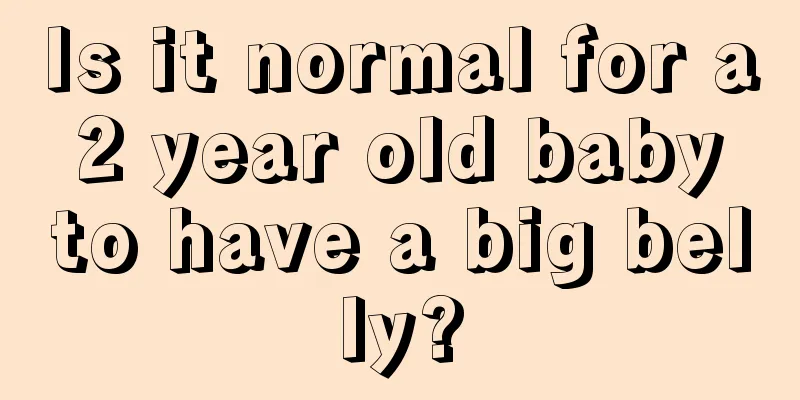What should I do if my child has a fever in summer?
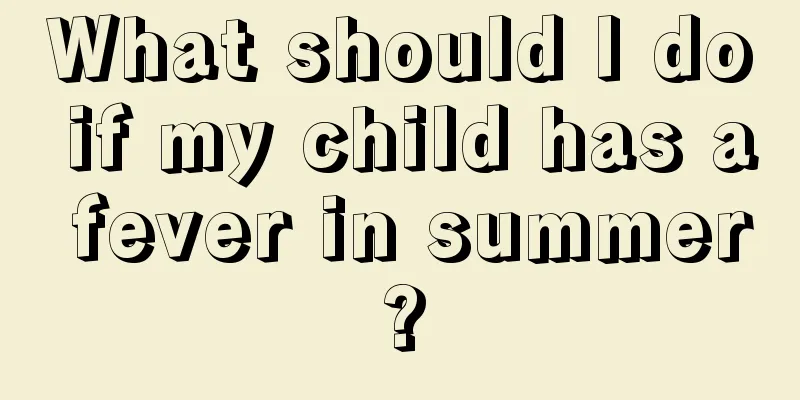
|
Everyone says that the most difficult time for women is the ten months of pregnancy, but only those women who have given birth know that the most difficult time for them is the stage of raising their children to adulthood. During this path of growth, many children will have physical conditions of one kind or another, so many families will pay special attention to their children's health problems. So what should we do if a child has a fever in summer? What to do if your child has a fever in summer: 1. Babies are prone to fever in summer, so parents must not take it lightly. Because the weather is very hot, many children are often sweating and their faces are red. Don’t think that it is caused by the heat. 2. As long as the child does not want to eat and is too lazy to move, you should suspect whether he has a fever and measure his temperature with a thermometer. Once he has a fever, you should pay attention and find out the cause in time. Clinically, if a baby suddenly has a high fever in summer, special attention should be paid to the occurrence of infectious diseases and the baby should be taken to the hospital for diagnosis in time. 3. If the temperature is below 38.5℃, there is no need to reduce the fever. Remove the child’s clothes, take off the blankets, and wipe the child’s body with warm water to dissipate heat. If you have a high fever (above 39°C), you should reduce the fever under the guidance of a doctor. 4. When you have a cold, you should not wear more clothes and sweat to lower your body temperature like adults do. In fact, fever is a defensive reaction of the body, which is beneficial for eliminating invading germs and promoting the normal growth and development of children. Experts believe that if the baby's fever is below 38.5℃, there is no need for antipyretic treatment. Physical cooling should be used, such as undressing, removing blankets, and wiping the child's body with warm water to dissipate heat. Never use alcohol to wipe children's bodies, as alcohol can easily cause blood vessels to dilate, blood volume to drop, and cause shock. 5. Clinically, it is found that the body temperature of some children rises rapidly and is very high when they have a fever. Infants and young children can easily have a fever as high as 40°C, and often suffer convulsions due to high fever, such as loss of consciousness, fixed or upward eyeballs, head and neck tilted back, facial and limb convulsions, and other critical symptoms. When the fever reaches above 40℃, it is indeed easy to cause brain damage. Therefore, when the child's fever reaches above 38.5℃, if physical cooling cannot solve the problem, appropriate drug-induced fever measures should be used. |
<<: What medicine should my child take if he has a bloated stomach and fever?
>>: What should I do if my child is vomiting, having diarrhea and having a fever?
Recommend
Why do children's joints make cracking sounds?
The phenomenon of joint cracking in children is n...
How do hernias form in children?
Every parent becomes particularly nervous when th...
What to do if your baby has a stuffy nose
The baby's nasal congestion is mainly physiol...
How to treat Helicobacter pylori in children
Many patients will be diagnosed with Helicobacter...
What should a ten-month-old baby eat?
Generally, babies do not need to drink milk all t...
Symptoms of Candida infection in newborns
Candida infection in newborns is very harmful to ...
Do children need to have their cavities filled?
If a child has a cavity in his tooth, it must be ...
What department should I go to for children with precocious puberty
In our lives, many children suffer from the pheno...
What are the symptoms of depression in children?
Childhood depression is not uncommon, causing man...
What is the cause of baby's low-grade fever and vomiting?
The most headache-inducing thing for parents is w...
What are the symptoms of baby's fright convulsions?
Children are very sensitive to many things, such ...
How to treat baby's allergic cough effectively
All parents hope that their babies can grow up he...
What to do if your child is afraid
It is normal for children to be timid and easily ...
What should I do if my child has white spots on his face?
When a child has white spots on his face, this is...
What causes vomiting in young children?
Many parents have encountered vomiting in their y...
